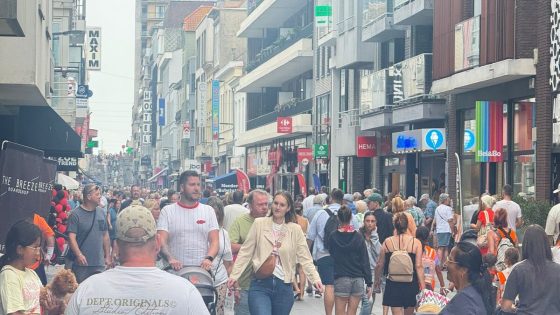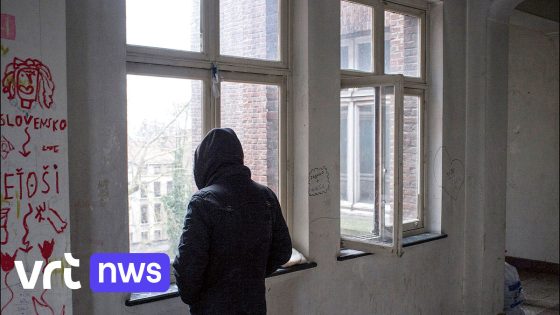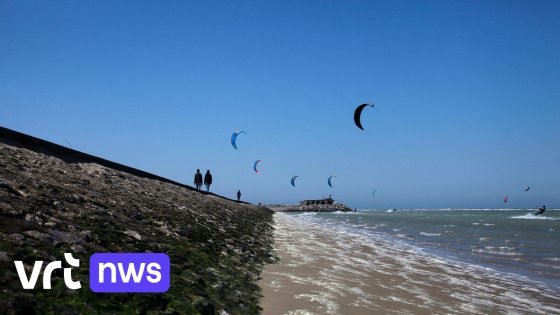Dress codes in Belgian coastal towns are becoming a hot topic, especially regarding the ban on beachwear in shopping streets. Since 2025-08-13 18:37:00, Blankenberge has enforced a dress code that prohibits wearing beach clothes outside the beach area. Knokke-Heist has adopted a similar approach, where local authorities politely remind visitors to respect this rule.
- Blankenberge enforces dresscode in winkelstraten
- Knokke-Heist spreekt mensen aan op kleding
- Burgemeester benadrukt beperkt gemeentelijk optreden
- GAS-boetes gelden voor overlast, niet kleding
- Dresscode draait om respect, geen overlast
- Gemeente hanteert geen boetes voor kleding
But how strictly can municipalities enforce such dress codes? According to Cathy Coudyser, mayor of Knokke-Heist, while they can issue fines for nuisances like littering or noise, dress codes fall into a different category. This raises questions about the legal limits and social expectations behind these local regulations.
So, what does this mean for visitors and locals alike? Let’s explore the practical implications and community reactions.
Is a dress code just about fashion, or is it about respect and community standards? The mayor’s stance highlights the delicate balance between enforcing rules and respecting personal freedoms. Key points to consider include:
- Dress codes aim to promote respect, not punish behavior.
- Legal sanctions apply only to clear nuisances like noise or littering.
- Most visitors understand and comply when politely reminded.
- Municipalities rely on social norms rather than fines for enforcement.
As the summer season continues, will more Belgian towns adopt similar dress codes? Visitors and residents alike should stay informed and respect local customs to ensure a pleasant experience for everyone.































